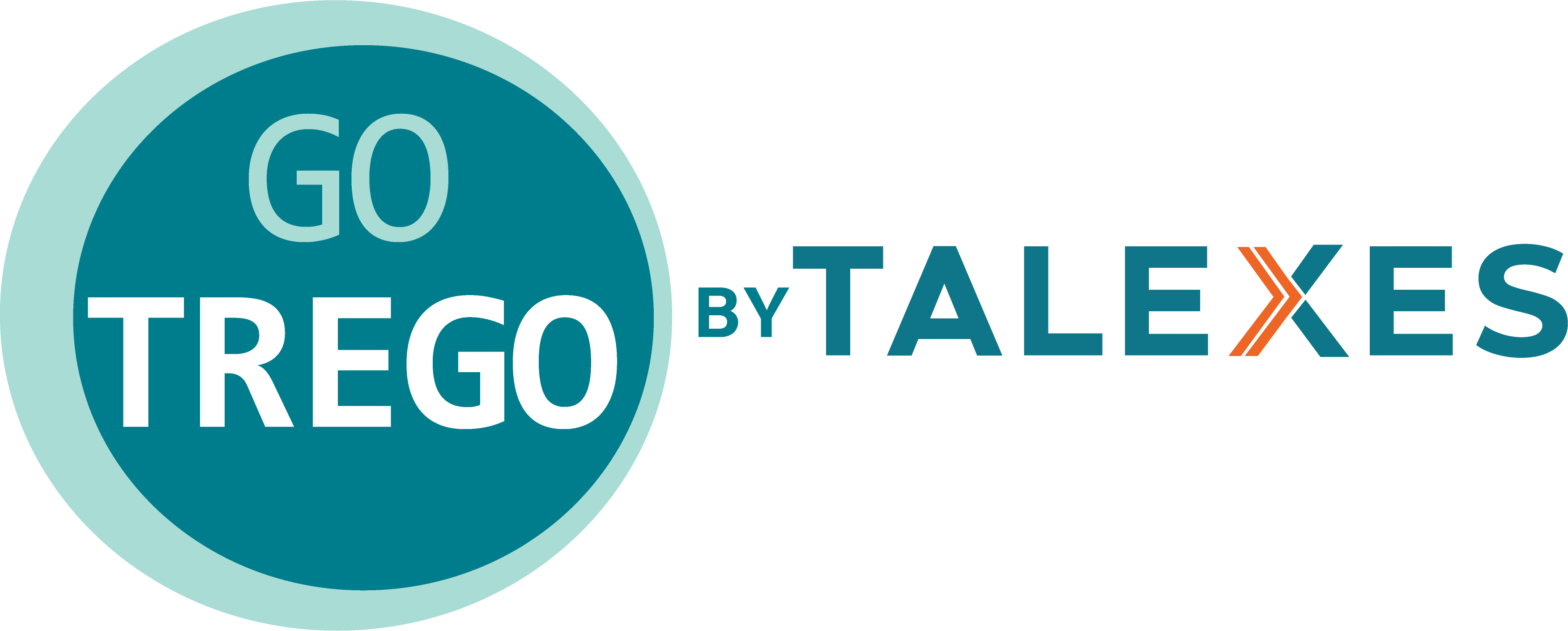In the ever-evolving auto industry—where innovation, efficiency, and customer satisfaction fuel profitability—people remain the engine behind every success. From the manufacturing floor to the showroom, top-performing dealerships and OEMs know that building a strong workforce isn’t about chasing tools—it’s about …
Assessments Archive
The auto industry’s margins hinge on flawless execution—from the engineering lab to the dealership floor. Yet many manufacturers and dealer groups still rely on disconnected assessments that examine a single stage of the talent cycle while ignoring the wider workforce …
The auto industry is evolving at breakneck speed—electrification, automation, digital retail, and shifting customer expectations are redefining what leadership looks like. In this high-stakes, high-change environment, companies can no longer afford to rely solely on traditional leadership models. Instead, executive …
In a fast-moving industry like automotive—where innovation, performance, and adaptability are key—developing the next generation of leaders is more than a strategy; it’s a necessity. From dealership floors to design studios and production lines, the ability to identify high-potential employees …
In the fast-evolving auto industry, where precision, innovation, and customer service are top priorities, building the right workforce is more important than ever. As competition for skilled talent intensifies—from factory floors to dealership showrooms—automotive companies are turning to data and …
The auto industry operates in a fast-paced, high-stakes environment where precision, efficiency, and innovation are critical to success. From assembly lines to sales floors, the performance of each employee directly impacts productivity, customer satisfaction, and overall profitability. To ensure businesses …
The auto industry is an ever-evolving landscape that demands precision, expertise, and efficiency at every level—from engineering and manufacturing to sales and service. Making the wrong hiring decision in such a fast-paced environment can have costly repercussions, affecting productivity, morale, …
In the fast-paced auto industry, staying ahead of performance challenges is key to maintaining efficiency, innovation, and competitiveness. Addressing performance gaps early ensures employees remain engaged and equipped to meet the evolving demands of the sector. Implementing proactive assessment strategies …
In the fast-evolving auto industry, success depends not only on cutting-edge technology but also on the talent behind it. From engineering innovations to manufacturing efficiency, having the right employees in the right roles is critical. Traditional hiring and development methods …
As the auto industry accelerates toward a future defined by electrification, automation, and evolving consumer expectations, companies must embrace continuous improvement to stay ahead. Success in this fast-changing landscape depends not only on cutting-edge technology but also on the development …
As the auto industry races toward a transformative future, aligning organizational goals with employee growth is more important than ever. Rapid technological advancements, shifting consumer preferences, and sustainability demands require a cohesive and adaptable workforce. Employee development, powered by well-structured …
In the auto industry, where precision, innovation, and teamwork are paramount, retaining top talent and ensuring their satisfaction begins long before they step onto the production floor or into the office. A well-structured approach to talent assessments, cultural fit, and …
In the fast-paced world of the auto industry, building high-performance teams is essential for staying competitive and driving innovation. Achieving this goal requires more than just assembling skilled workers; it demands creating balanced teams where employees’ skills and strengths complement …
In the auto industry, evaluating employee performance means more than just checking off technical competencies. With the rapid adoption of automation, digital systems, and electric vehicle technology, balancing technical abilities (hard skills) with interpersonal skills (soft skills) is crucial. Both …
The automotive industry is undergoing rapid transformation, driven by factors like electric vehicles, autonomous driving, and changing consumer preferences. To navigate this evolving landscape, dealerships need employees who can adapt to new technologies, market trends, and customer expectations. Assessments offer …
In today’s fast-paced business world, a skilled workforce is key to an organization’s success. As industries shift and technology evolves, the required skills within a company change too. Identifying and addressing these skill gaps is essential for staying competitive and …
In today’s fast-paced and changing work environment, virtual leadership is now essential. As remote work becomes more common, leading teams effectively in virtual settings is critical for organizational success. Identifying and nurturing remote leaders, however, requires a thoughtful approach. Here …
The transition to remote work has prompted a reevaluation of employee training and development strategies. Despite the challenges of fostering career growth in remote settings, it remains a crucial aspect of organizational success. Below, we explore five effective approaches to …
In today’s multifaceted work environment, traditional methods of evaluating employee performance may overlook crucial aspects of their contributions. Holistic employee performance evaluation offers a comprehensive approach that considers various dimensions of performance, including skills, competencies, and cultural alignment. Embracing this …
In the ever-evolving realm of work, static performance evaluations no longer suffice to drive progress. The paradigm has shifted towards embracing continuous feedback and development as catalysts for growth. Below, we delve into nine pivotal reasons why this approach is …
In today’s dynamic work environments, accurately assessing employee performance is crucial given the diverse and intricate nature of job roles. Standardized evaluation methods often fall short in capturing the nuances of different positions, resulting in incomplete assessments and missed opportunities …
In today’s fiercely competitive business environment, organizations recognize the imperative of nurturing talent to maintain a competitive edge. However, conventional performance evaluation methods often fall short in identifying skill gaps and fostering talent growth effectively. Enter competency-based assessments, heralded for …
Facilitating a seamless transition for new employees into an organization is paramount for establishing a positive initial experience and fostering long-term success. Effective onboarding encompasses various elements, including cultural assimilation, skill development, and ongoing support. Here are seven strategies to …
In the dynamic landscape of the modern workplace, HR professionals play a vital role in steering organizations toward success. As we move through 2024, aligning HR strategies with the evolving needs of the workforce is imperative. Here are seven impactful …
In the realm of human resources, assessments play a pivotal role in shaping successful hiring decisions and fostering the workforce. The array of available pre-hire assessment options may seem overwhelming. However, the key to achieving hiring success lies in selecting …


























